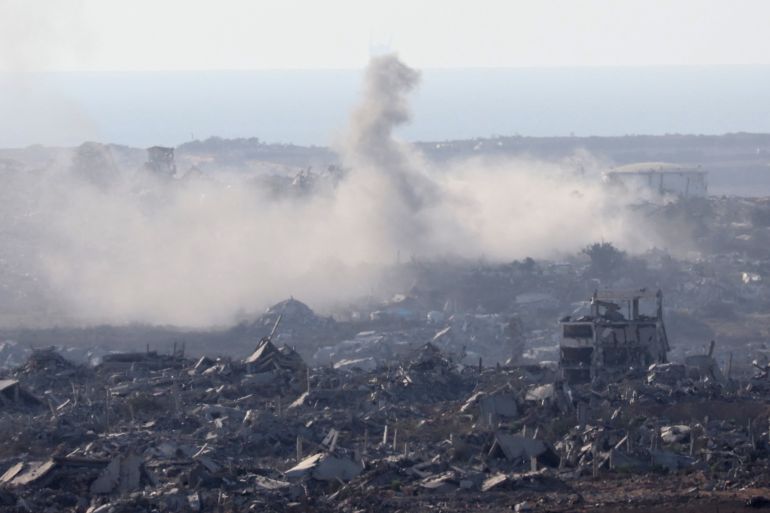In a significant move poised to reshape the discourse on international justice, Belgian prosecutors have formally escalated a war crimes complaint against two Israeli soldiers to the International Criminal Court (ICC). This pivotal decision underscores Belgium’s commitment to its obligations under international law and amplifies growing global scrutiny over alleged atrocities in the Gaza Strip. The referral, which stems from serious allegations of participation in war crimes, marks a critical step in the ongoing efforts to ensure accountability for actions committed during conflicts.
At the heart of this legal challenge is the tenacious advocacy of the Hind Rajab Foundation, a Belgium-based organization that, in collaboration with the Global Legal Action Network (GLAN), meticulously compiled and filed the initial complaint. The foundation, named after a six-year-old Palestinian girl tragically killed by Israeli forces in Gaza City, has been a relentless voice for justice since its inception in 2023, initiating numerous complaints across multiple jurisdictions targeting Israeli military personnel.
The specific allegations central to the complaint revolve around two Israeli soldiers, reportedly members of the Givati Brigade. These individuals were observed openly displaying their military unit’s flag during an Israeli DJ’s performance in Belgium, an act that has drawn sharp criticism and formed a key component of the war crimes accusations. The incident highlights the intricate intersections of conflict, public display, and international legal scrutiny, pushing for a deeper examination of military conduct.
While the Hind Rajab Foundation acknowledged the referral to the ICC as a step forward, describing it with “cautious encouragement,” their statement also conveyed palpable disappointment regarding Belgium’s broader approach. The foundation expressed strong conviction that the accused soldiers should have faced more immediate and decisive action on Belgian soil, advocating for their arrest, detention, and either prosecution within Belgium or swift extradition to the ICC for trial.
This critical stance by the foundation underscores a fundamental concern about the perceived lack of robust domestic enforcement. Their statement emphasized that allowing individuals credibly accused of severe violations, such as war crimes and crimes against humanity, to remain at liberty not only erodes public faith in the justice system but also risks fostering a perilous sense of impunity. Such leniency, they argue, could inadvertently empower perpetrators and potentially enable the commission of further atrocities.
The escalating diplomatic tensions between Belgium and Israel are unfolding against a grim backdrop of pervasive international concern over the devastating humanitarian crisis gripping Gaza. The continuous military operations have precipitated an acute and worsening situation, drawing condemnation and calls for immediate intervention from numerous international bodies and human rights organizations. This broader context amplifies the urgency and significance of legal actions like the one referred to the ICC.
Echoing the growing global demands for de-escalation, Belgium recently took concrete steps in response to the escalating crisis. Earlier this week, the nation announced its intention to dispatch a military aircraft laden with essential food and medical supplies to Jordan, destined for the besieged Gaza Strip. Furthermore, Belgium joined 27 other countries in endorsing a crucial declaration that unequivocally calls for an immediate and unconditional ceasefire in the region.
Beyond these immediate humanitarian and diplomatic actions, activist groups continue to press Belgium for more comprehensive measures. They advocate for urgent steps including the imposition of a ban on arms transport to Israel through Belgian territory, a halt to all trade with Israeli settlements, the suspension of the EU-Israel Association Agreement, and the freezing of assets belonging to Israeli leaders. These demands highlight a broader aspiration for systemic changes aimed at pressuring all parties towards a lasting peace and adherence to international law.






Leave a Reply